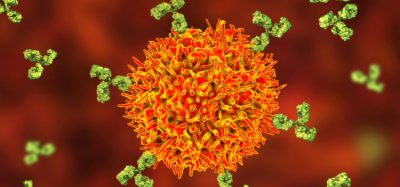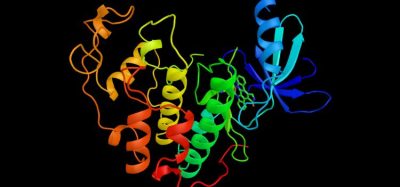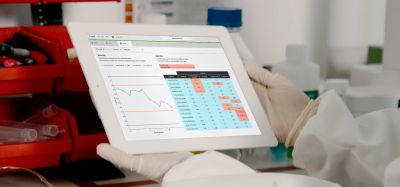Pfizer-BioNTech COVID-19 vaccine is effective against new, highly transmissible COVID-19 strains, finds study
Posted: 11 January 2021 | Hannah Balfour (European Pharmaceutical Review) | No comments yet
Research shows that the antibodies induced by the Pfizer-BioNTech COVID-19 vaccine can neutralise SARS-CoV-2 viruses with the N501Y mutation.
![Vials labelled 'COVID-19 Vaccine Pfizer' [Giovanni Cancemi / Shutterstock.com].](https://www.europeanpharmaceuticalreview.com/wp-content/uploads/Pfizer-covid-19-vaccine-750x500.jpg)
![Vials labelled 'COVID-19 Vaccine Pfizer' [Giovanni Cancemi / Shutterstock.com].](https://www.europeanpharmaceuticalreview.com/wp-content/uploads/Pfizer-covid-19-vaccine-750x500.jpg)
[Giovanni Cancemi / Shutterstock.com].
In vitro study reveals the antibodies elicited by the Pfizer-BioNTech COVID-19 vaccine, BNT162b2, can effectively neutralise the highly transmissible strains of SARS-CoV-2 with the N501Y mutation.
The results of the study conducted by Pfizer Inc. and the University of Texas Medical Branch (UTMB) were published on the preprint server bioRxiv.
Two rapidly spreading SARS-CoV-2 strains have been reported, initially in the United Kingdom and South Africa. While they have multiple different mutations in their Spike (S) glycoproteins, which are key targets of SARS-CoV-2 neutralising antibodies, they share the N501Y mutation. The N501Y mutation is located in the receptor binding domain (RBD) of the S protein and results in the virus’s S protein binding more tightly to its receptor, making infection more efficient.
To determine whether the immune response induced by the BNT162b2 vaccine can neutralise SARS-CoV-2 particles with the N501Y mutation, sera from 20 participants of the Phase III vaccine trial was administered to a virus with this substitution generated in UTMB’s laboratory. According to the investigators, the sera neutralised the mutated virus as well as it neutralised the virus without the mutation.
Pfizer and BioNTech said that while the virus tested in this experiment did not include the full set of S protein mutations found on the rapidly spreading strains in the UK or South Africa, neutralisation of virus with the N501Y mutation by the Pfizer-BioNTech vaccine-elicited human sera is consistent with preserved neutralisation of a panel of 15 pseudoviruses bearing S proteins with other mutations found in circulating SARS-CoV-2 strains. They said this indicates that the N501Y mutation does not create resistance to the immune responses induced by their vaccine.
The companies and UTMB said they are “encouraged” by these early, in vitro study findings, but that further data would be needed to monitor the vaccine’s effectiveness in preventing COVID-19 caused by new virus variants. If the virus mutates such that an update to the vaccine is required to continue to confer protection against COVID-19, they said that they believe the flexibility of BioNTech’s proprietary mRNA vaccine platform is well suited to enable an adjustment to the vaccine.
Related topics
Related organisations
BioNTech AG, Pfizer Inc., University of Texas Medical Branch (UTMB)









